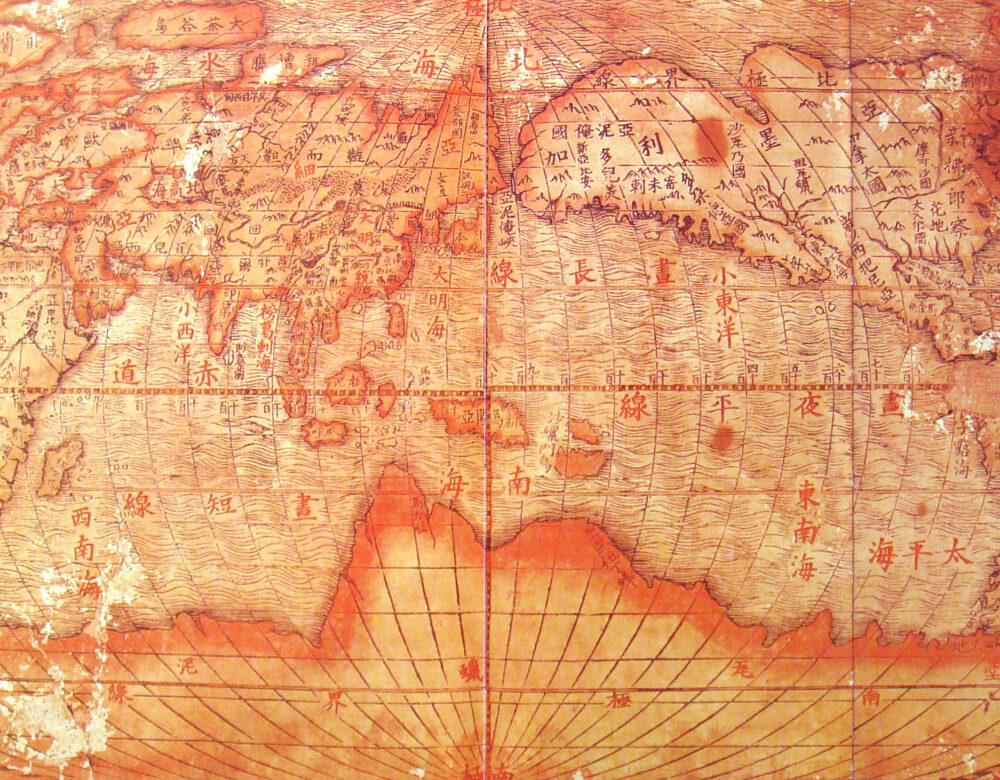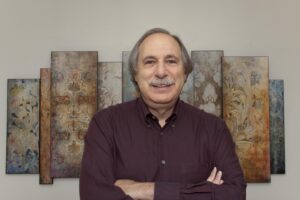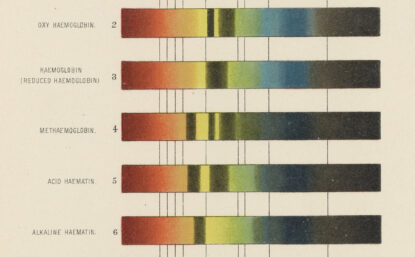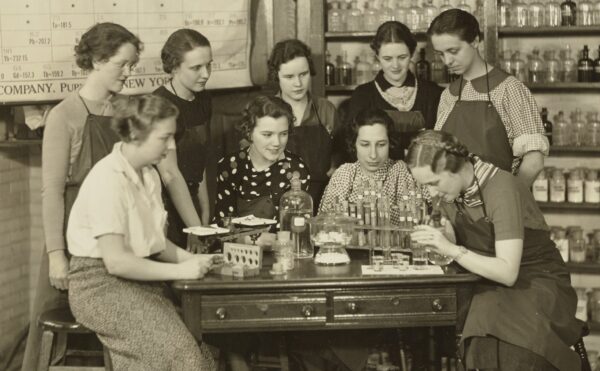The Global History of Modern Science, 1400–1914

2026 Gordon Cain Conference
Avoiding the older Eurocentric story often told in the past, the papers given at this conference will explore the rapidly growing field of the global history of science. We will address the major issues involved in understanding how modern science has been created through a process of global cultural exchange. This includes topics such as imperialism, colonialism, racism, indigenous knowledge, the role of religion, the creation and sites of key scientific theories, and the communication and translation of scientific ideas. Drawing on previous scholarship, each of the chapters will offer a synthesis and rigorous overview of an empire, a key scientific theory, or an important site where science was created.
Registration for this conference will open in Spring 2026.
Conference Organizers

Bernard Lightman is distinguished research professor in the Humanities Department at York University, past president of the History of Science Society, and past editor of the journal Isis, the official journal of the History of Science Society. Lightman’s recent research focuses on the transnational history of 19th and early 20th century British and Asian science. Among his publications are the edited collections Evolutionary Theories and Religious Traditions: National, Transnational, and Global Studies, 1800–1920 (coedited with Sarah Quidwai), Global Spencerism: The Communication and Appropriation of a British Evolutionist, and the Circulation of Knowledge (coedited with Larry Stewart and Gordon McQuat). He is currently one of the general editors of the John Tyndall Correspondence Project, an international collaborative effort to obtain, digitize, transcribe, and publish all surviving letters to and from Tyndall. He is also editor of the book series Science and Nineteenth Century Culture, which is published by the University of Pittsburgh Press.

Hugh Slotten is Honorary Associate Professor at the University of Otago in Dunedin, New Zealand. Slotten was the lead editor of Volume 8 of the Cambridge History of Science Series: Modern Science in National, Transnational, and Global Context (2020). He is currently editing a collection with Hamish Spencer analyzing the global history of science: Globalizing the History of Science, Technology, and Medicine (Palgrave Studies in the History of Science and Technology). His most recent book explored the development of the first global satellite communications system: Beyond Sputnik and the Space Race: The Origins of Global Satellite Communications (Johns Hopkins, 2022). The book won the 2023 Eugene M. Emme Astronautical Literature Award from the American Astronautical Society. During 2021–2022, he was Charles A. Lindbergh Chair in Aerospace History at the Smithsonian Institution’s National Air and Space Museum.
About the Gordon Cain Conference
The Gordon Cain Conference is a gathering of scholars in the history of science and related fields. Each conference is organized by an eminent scholar who works with staff to develop a theme of broad contemporary relevance. Centered on a topic chosen by the conference organizer, the conference consists of an evening public lecture, a symposium, and a collected volume. It is hosted by the Arnold and Mabel Beckman Center for the History of Chemistry and supported by a generous gift from Gordon Cain.
Featured Image: Giulio Aleni world map Wanguo Quantu (萬國全圖), via Wikimedia Commons.
More events
Stories of Science: Earth Month
Join us in our museum EVERY SATURDAY for a family-friendly program that highlights strange and surprising stories from the history of science!
First Friday: 80s Night
Get ready to travel back in time to the fabulous 1980s! Whether you rocked the Jazzercise leotard or spent hours trying to solve the Rubik’s Cube, we’ve got something for everyone.
Women in Chemistry Tour
Drop in for a tour highlighting the central role of women in shaping chemistry and the material sciences throughout history.



